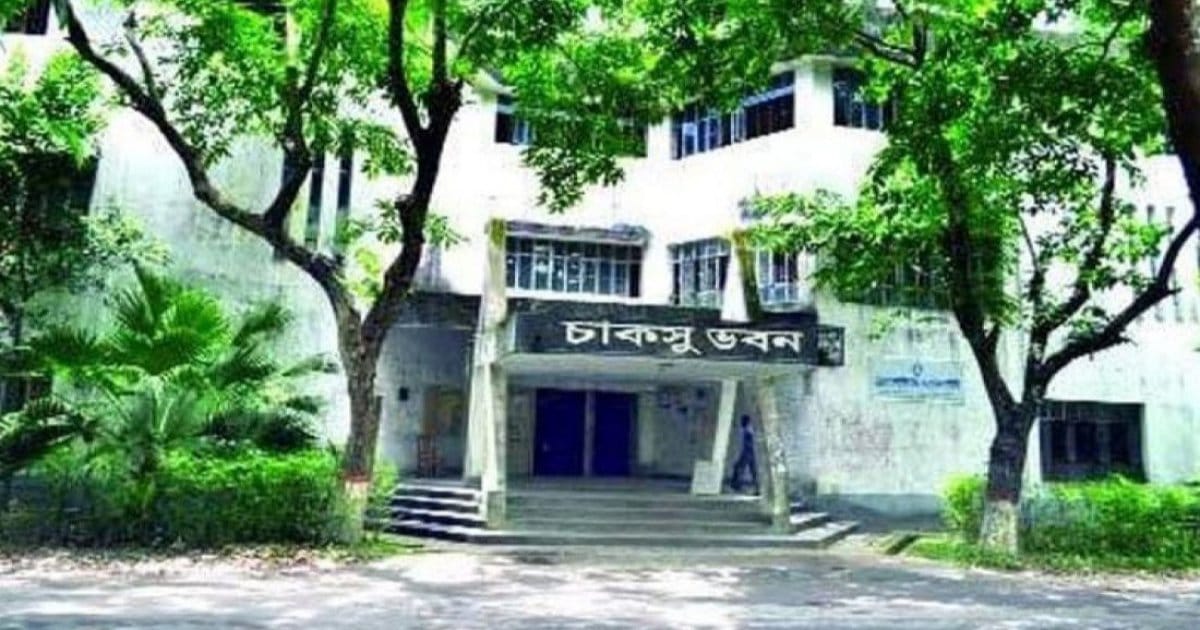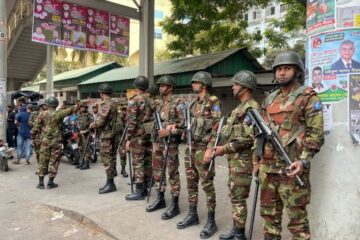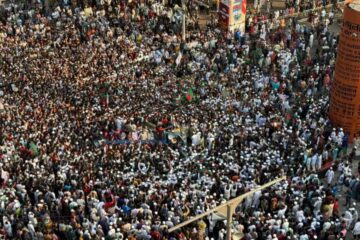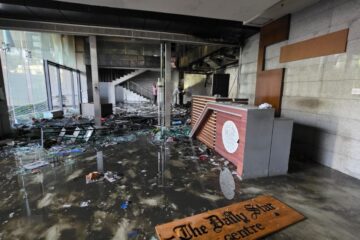After a long gap of 36 years, Chittagong University is set to hold the long-awaited Central Students’ Union (Cucsu) election. The campus is now buzzing with a festive atmosphere as students eagerly await the polls.
Enthusiasm and excitement are evident among the student body, who are not only preparing to cast their votes but also to witness the revival of a democratic and political culture on campus.
On the final day of campaigning, Sunday, the campus was alive from morning until midnight with candidates making their rounds. Panel-based campaigns by various student organizations, leaflet distribution, and discussion forums created a vibrant atmosphere. From residential halls to faculty buildings, cafeterias, and every corner of the university, campaign activities were in full swing.
The last Cucsu election was held on February 8, 1990. Since then, political instability and challenging circumstances have rendered this platform for student representation practically inactive.
Now, after 36 years, students have the opportunity to directly elect their representatives for the first time. This year, there are approximately 27,000 voters, including around 11,500 female students.
This election is being seen as a historic opportunity to restore democratic practice on campus and highlight students’ rights and demands.
Candidates have promised to address critical issues such as resolving the housing crisis, improving transport, enhancing food quality, modernizing library facilities, and ensuring overall student safety.
After a long wait, this election is expected to mark a milestone in the history of student politics at Chittagong University. On the final day of campaigning, every faculty was vibrant with activity.
Candidates engaged directly with students, presenting their pledges- some advocating for the “restoration of democracy,” others for the “establishment of rights,” and many promising to build a “student-friendly campus.”
The excitement among students is palpable. Many believe the election will positively influence the university’s overall academic and administrative environment.
“We are not just going to vote- we are participating in the revival of the lost glory and tradition of student politics,” said Sabbir Hossain, a student of the History department.
“This election will open a new chapter for students, reflecting the voices of ordinary students,” he added.
Maria Rahman, a Pharmacy department student, said: “It is a matter of pride for us to take part in such a democratic festival after so many years. We want Cucsu to play a real role in students’ welfare, not just politics.”
Nahian Kabir, an English department student, said: “All organizations are campaigning together, debates are happening, posters are being put up—there is a new energy on campus. The lost vibrancy has returned.”
Umme Sumaiya, a fourth-year Philosophy department student, shared: “When I first came to campus, Cucsu did not seem important. The Cucsu building would catch my attention on the way to classes, sparking curiosity. Later, I searched online and asked seniors about it.”
She added: “Many elections happen over the years. Students will elect representatives. I do not expect the new representatives to solve everything immediately. That is why regular Cucsu elections are important. Consistent elections will ensure students have a reliable platform and a place to voice their concerns in the future.”
The university administration and the election commission have prepared to ensure maximum security and transparency. With technology-driven monitoring, multi-layered security measures, and strict oversight, the commission aims to present this election as a “model election.”
Professor Dr Monir Uddin, chief election commissioner of Cucsu, said: “At every stage, we are following the university administration’s guidelines. The voter list has been prepared according to university instructions, and nomination submissions and candidate verification have been completed as per regulations.”
He added: “We are taking utmost care regarding election preparedness, law and order, and accountability. On election day, the dean of each faculty will serve as the returning officer for their respective building.”



